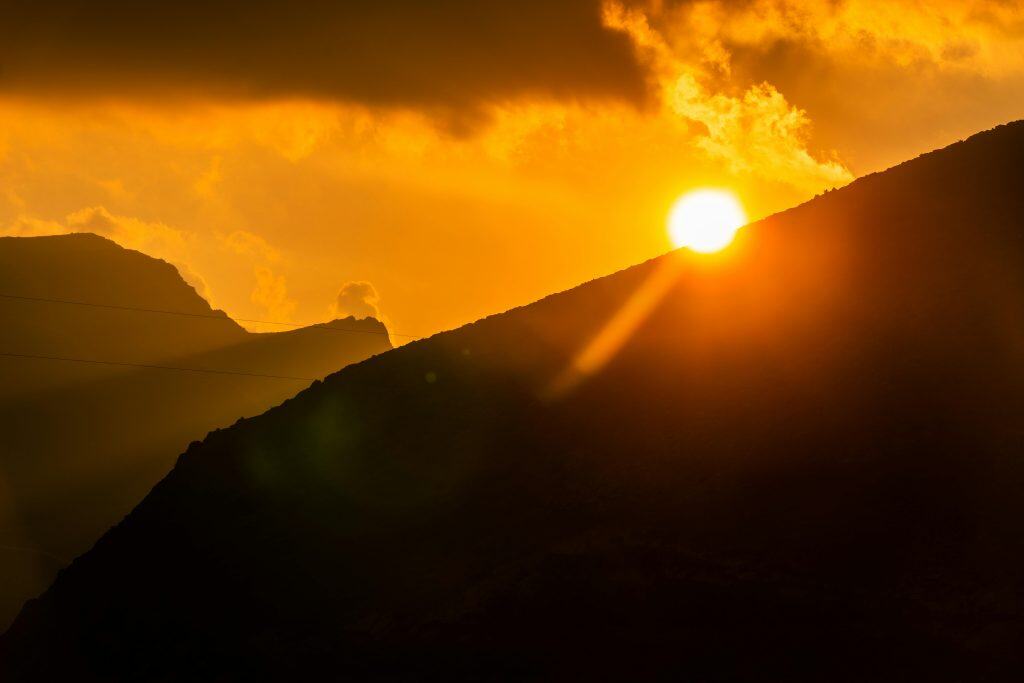Islam encourages frequent remembrance of Allah (dhikr) and supplication (dua) at any time, day or night. However, the Prophet Muhammad (PBUH) specified certain short daily windows when performing salah — the formal ritual prayer — is not allowed.
A Closer Look
Understanding the Difference
Before exploring prohibited times, it’s important to distinguish between three key acts of worship:
- Salah – The formal ritual prayer performed at prescribed times, including the obligatory five daily prayers (Fajr, Dhuhr, etc.) and optional (nafl) prayers.
- Dhikr – Remembrance of Allah through phrases like SubhanAllah (Glory be to Allah), Alhamdulillah (Praise be to Allah), or La ilaha illallah (There is no god but Allah).
- Dua – Personal supplication in your own words, asking Allah for help, guidance, or blessings.
💡 Note: The restrictions discussed here apply only to nafl (voluntary) salah, unless specified otherwise. Dhikr and dua can be done at any time.
Times When Salah Is Prohibited
Based on authentic hadith, scholars agree on three main periods each day when salah should not be performed.1
Rule: No nafl (voluntary) salah is offered during these times.
Exception: Certain prayers with a valid reason — such as making up a missed prayer, a funeral prayer, or two rakahs after tawaf — are allowed.
1. After Fajr until sunrise ❌
From the completion of the Fajr prayer until the sun has fully risen (about 15–20 minutes after sunrise).
- Reason: To avoid any resemblance to sun-worshippers who prayed as the sun appeared on the horizon.
- Hadith: The Prophet (PBUH) said:
“There is no prayer after the Fajr prayer until the sun rises…”
— Sahih al-Bukhari, 5862 & Sahih Muslim, 826a3
2. When the sun is at its zenith (highest point) ❌
From the time the sun is directly overhead until it begins to decline (about 5–10 minutes before Dhuhr).
- Reason: Pre-Islamic idol worshippers often prayed at this time to the sun.
- Hadith: Uqba b. ‘Amir, a companion of the Prophet (PBUH), said:
“There were three times at which Allah’s Messenger (ﷺ) forbade us to pray… When the sun begins to rise till it is fully up, when the sun is at its height at midday till it passes over the meridian, and when the sun draws near to setting till it sets.”
— Sahih Muslim, 8314
3. After Asr until sunset ❌
From the completion of the Asr prayer until the sun has fully set.
- Reason: Same as after Fajr — to avoid imitating sun-worship rituals and because the Prophet (PBUH) prohibited voluntary salah at this time.
- Hadith: Abu Haraira, a companion of the Prophet (PBUH), narrated:
“Allah’s Messenger (ﷺ) forbade the offering of prayer after the `Asr prayer till the sun sets.”
— Sahih al-Bukhari, 5885
Exceptions to the Rule
Most scholars agree that certain prayers are still permissible during these times:
- Making up missed obligatory prayers (qadaa), regardless of time.6
- Janazah (funeral) prayers.
- Two rakahs after tawaf around the Kaaba.7
- Two rakahs upon entering a masjid (Tahiyyat al-Masjid).8
- After completing wudu (ablution), during a solar eclipse, and when praying istikhaarah (seeking guidance from Allah).9
- Prohibition of praying after Asr, What about Tahiyatul Masjid, Funeral, Istekhara, Eclipse Prayer…
Speaker: Shaykh Assim al-Hakeem
Key Takeaways
✅ Dhikr and dua are welcome and encouraged at any time.
🚫 There are three short daily windows when voluntary salah is not allowed: after Fajr until sunrise, at the sun’s zenith, and after Asr until sunset.
📝 Exceptions exist for prayers with a valid reason (e.g., missed prayers, Janazah).
🕌 The rules help distinguish Islamic worship from practices linked to sun worship.
💬 Comments
Have you ever been unsure about what times salah is prohibited?
Share your experiences below.
References
- Muhammad al-Munajjid, “Forbidden Prayer Times,” IslamQA.info, Question: 48998, 2008, https://islamqa.info/en/answers/48998/forbidden-prayer-times. ↩︎
- Muhammad al-Bukhari, Sahih al-Bukhari, Hadith 586, https://sunnah.com/bukhari:586. ↩︎
- Muslim ibn al-Hajjaj, Sahih Muslim, Hadith 826a, https://sunnah.com/muslim:826a. ↩︎
- Muslim ibn al-Hajjaj, Sahih Muslim, Hadith 831, https://sunnah.com/muslim:831. ↩︎
- Muhammad al-Bukhari, Sahih al-Bukhari, Hadith 588, https://sunnah.com/bukhari:588. ↩︎
- Assim al-Hakeem, “Can we pray missed prayers at prohibited times (Fajr while sun is rising),” assimalhakeem, YouTube video, 2021, https://youtu.be/UfJSGlfDjcU. ↩︎
- Ustadh Farhan Mahmood, “Can I perform the salah after tawaf during a forbidden time?,” Pilgrim, YouTube video, 2023, https://youtu.be/BMS63nvu4qc. ↩︎
- Ustadh Farhan Mahmood, see footnote #7. ↩︎
- Muhammad al-Munajjid, “Forbidden Prayer Times,” IslamQA.info, Question: 112114, 2019, https://islamqa.info/en/answers/112114/naafil-prayers-that-it-is-permissible-to-do-at-times-when-prayer-is-otherwise-forbidden. ↩︎

